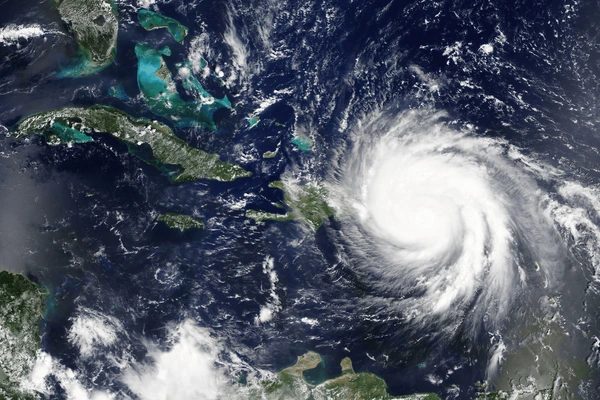
When a hurricane tears through Florida, the damage it leaves behind can be devastating, not just emotionally but financially. One of the most important steps homeowners can take after the storm passes is properly documenting structural damage for insurance purposes. The way you gather and present this evidence can make the difference between a fair payout and a denied or underpaid claim.
Here’s how to protect your rights and maximize your insurance relief after a hurricane.
1. Start with Safety and Quick Documentation
Before anything else, make sure it’s safe to return to your property. Look for hazards like downed power lines, gas leaks, or unstable structures. Once it’s safe, take immediate photos and videos of everything before you begin cleanup or repairs.
Capture wide-angle shots of your entire property, then move in for close-ups of specific damage. Photograph every affected area, including:
- Roof damage (missing shingles, leaks, holes)
- Cracks in walls or ceilings
- Water stains or mold growth
- Broken windows or doors
- Foundation cracks or shifts
If possible, include time and date stamps on your photos or videos. These serve as crucial evidence that the damage occurred during the storm.
2. Document from Multiple Angles
Insurance adjusters sometimes dispute claims by arguing that the damage predated the storm or was minor. To prevent that, photograph each damaged area from multiple angles and distances. This helps show the extent and severity of the destruction and creates a more compelling visual record.
Also, take photos of your street and neighborhood to establish context. If nearby homes show similar storm-related damage, it strengthens your case that the hurricane caused your losses.
3. Make a Detailed Damage Inventory
Create a written list of all visible damage, both structural and personal property. For each item, note:
- The location (e.g., “south-facing roof corner,” “garage wall”)
- Type of damage (crack, collapse, leak, etc.)
- Estimated repair or replacement cost
- Whether it’s essential for safety or habitability
If you have pre-storm photos or home inspection reports, include them. They provide powerful before-and-after comparisons that can eliminate doubt about the cause of damage.
4. Save All Repair and Cleanup Receipts
After a hurricane, many homeowners need to make temporary repairs such as covering broken windows, removing debris, or preventing further water intrusion. Keep every receipt and invoice related to these efforts.
These documents prove that you took reasonable steps to prevent further damage, which is often required under your insurance policy. They can also help you recover out-of-pocket costs later in your claim.
5. Get Professional Damage Assessments
Some structural damage isn’t immediately visible. Hire a licensed contractor, structural engineer, or public adjuster to assess your home. Their professional evaluation can uncover hidden issues such as foundation shifts, compromised support beams, or roof decking separation, problems that may worsen over time if ignored.
A written report from an expert adds weight to your claim and can challenge lowball estimates from the insurance company’s adjuster.
6. File Your Claim Promptly
Florida law requires policyholders to file hurricane-related claims within specific time limits, often within one year of the storm. Don’t delay. The sooner you submit your documentation, the faster your claim can be processed.
When filing, include:
- Your complete damage inventory
- All photos and videos
- Expert assessments
- Receipts and repair estimates
Keep a copy of everything you send and note dates of communication with your insurer.
7. Consider Legal Help If You Face Delays or Denials
Even with strong documentation, some insurance companies undervalue or deny legitimate claims. If that happens, contact an experienced Florida property damage attorney. A lawyer can review your claim, negotiate with insurers, and, if necessary, take legal action to recover the compensation you deserve.
Final Thoughts
Thorough documentation is your best defense after a hurricane. By following these steps, acting quickly, being organized, and preserving every detail, you can help ensure that your insurance company honors your policy and provides full relief for your structural damage.
If your claim has been delayed, underpaid, or denied, a skilled Florida personal injury and property damage attorney can help you get back on solid ground.
Contact a Florida Personal Injury Lawyer
If you have been involved in a personal injury incident, seeking legal advice is essential to protect your rights. Our legal team has more than 40 years of experience seeking justice for accident victims. Our attorneys have sought and won millions of dollars for our injured clients.
Call 850-601-1111 to schedule a complimentary consultation with no obligations. This consultation will help you explore your legal options. Let us help you fight for fair compensation.


